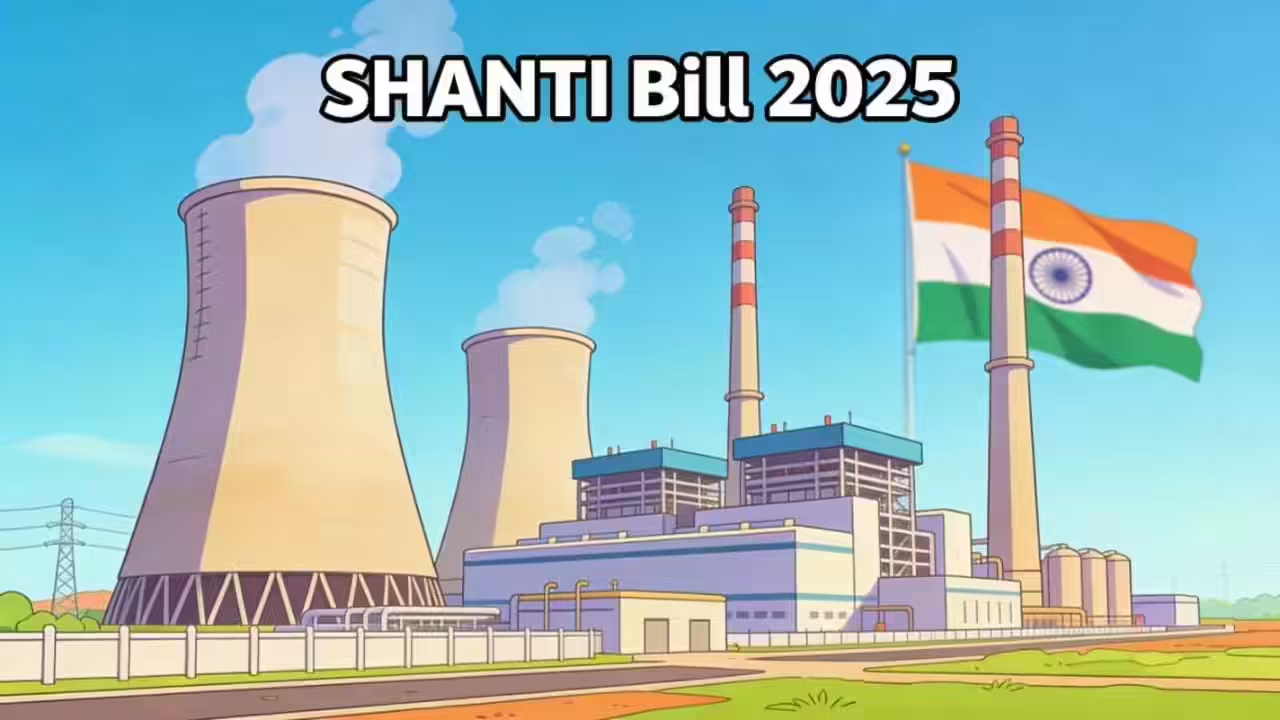Font size:
Print
Fast Track Special Courts and POCSO Courts
Context:
According to the latest press release by the Ministry of Law and Justice, as part of the Centrally Sponsored Scheme for setting up Fast Track Special Courts (FTSCs) from October 2019, there are currently 755 FTSCs, including 410 exclusive POCSO Courts, operating in 30 States/UTs across the country.
About the Scheme:
- The central share of the scheme, (extended until March 31, 2026), will be funded on CSS pattern (60:40, 90:10) by the Nirbhaya Fund.
- The scheme mandated the establishment of exclusive POCSO Courts for districts with over 100 POCSO Act cases.
About fast track court and POSCO Court:
- Fast track courts (FTCs) are specialised courts designed to expedite the legal process and resolve cases more quickly than traditional courts.
- It aims to improve the overall efficiency of the judicial system.
-
- Fast-track courts were first introduced in 2000 on the recommendation of the 11th Finance Commission.
- The Central Government enacted the “The Criminal Law (Amendment) Act. 2018,” which included stringent punishment, including the death penalty for rape offenders, leading to the creation of the Fast Track Special Courts (FTSCs).

About POCSO Act:
- The Protection of Children from Sexual Offences (POCSO) Act, 2012, enacted in consequence of India’s ratification of the UN Convention on the Rights of the Child in 1992, came into effect on November 14, 2012.
- Definition of a child:The Act defines a child as any person below 18 years of age.
- It is a gender-neutral act.It is an offence to not report an abuse.
- POCSO (Amendment) Act, 2019:
- Section 2 (Definitions) was amended to incorporate the definition of child pornography.
- Section 4 (Punishment for penetrative sexual assault) amended to increase the quantum of punishment to a minimum of 10 years, and a minimum of 20 years in case of a child below 16 years.
An NGO named RAHI (Recovery and Healing from Incest) conducted India’s first study on child sexual abuse.
- The study found that 76% had been abused during childhood or adolescence, with 40% of the perpetrators being family members, mainly uncles or cousins.
- Alarmingly, 72% of victims did not report the abuse, and only 3% of families complained to the police or made the abuse public.



